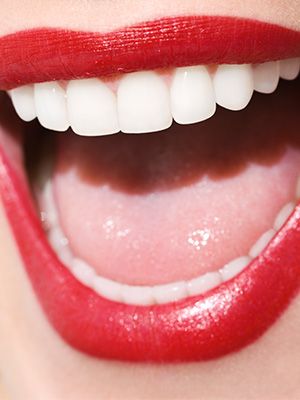Teeth Whitening Information
The best advice we can give to get the answer to your question is to visit your dentist. The dentist will tell you if whitening is appropriate for you. Generally, almost anybody can enjoy the benefit of tooth whitening. Some points you must consider before deciding on teeth whitening. Your dentist will give you the best advice.
If you suffer from generalized gingival (gum) recession, you need to speak to your dentist.
Younger people usually have thinner dentin, and the enamel can be more porous.
If you experience loss of enamel that exposes sensitive dentin, you should talk to your dentist. The loss of dentin could be caused by wear, grinding habits, or acid erosion.
How long will my teeth stay white?
Teeth do not stay white forever. The results are not permanent. The effects will diminish. Typically, teeth remain at their whitest between 6 months to 2 years. There are studies available that claim that teeth can remain white after teeth whitening for up to 10 years. This might be pretty optimistic.
Teeth will stay longer white if you avoid drinking fluids or eating foods known to stain. You can ask your dentist to “touch up” your teeth once a year. This will help teeth to stay white longer.
Can bleaching harm my teeth?
If dentists carry out teeth whitening, there is no cause for alarm. Teeth Whitening is safe. Your dentist will make sure that your surface enamel is protected.
Are there any adverse whitening information on my fillings, veneers, and crowns?
It is true to say that not everyone is a good candidate for whitening. Much depends if you have had any previous cosmetic dentistry. Bleaching does not affect the vast majority of restorative materials. It can lessen the bond strength between enamel and composite restorations materials such as tooth-colored fillings). Bleaching cannot make porcelain or crowns whiter. As we said initially, you should let your dentist decide if whitening will work for you.
Can toothpaste whiten teeth?
Many toothpaste brands claim that their toothpaste can whiten teeth. Strictly speaking, that is not correct. Toothpaste can help to remove plaque and surface stains. The so-called “whitening” toothpaste only cleans surface stains but cannot change the actual color of the tooth. Added abrasives of varying strength are critical for helping in removing plaque. All ADA-approved toothpaste does contain safe levels of abrasives.
Summary
- Almost all teeth are possible to whiten.
- Teeth are usually whitened with the help of an external approach, where teeth come in direct contact with, for example, carbamide peroxide or by an internal method for bleaching non-vital teeth.
- During the teeth whitening process, reactive oxygen produced from the peroxide causes the breakdown of highly colored organic compounds that make the teeth look whiter and brighter without altering the tooth’s structure. When the peroxide concentration increases, a more immediate whitening effect is achieved.
- There is a sensitivity risk after bleaching, which varies with the whitening gels’ concentration and time of contact. It often lasts no more than one to four days if it does occur.
- The stability of bleaching is related to many factors but should last from six months to two years.
- Bleaching cannot make common restorative materials used for fillings whiter.
- Safety issues exist regarding the use of peroxide-containing products in very high doses.


